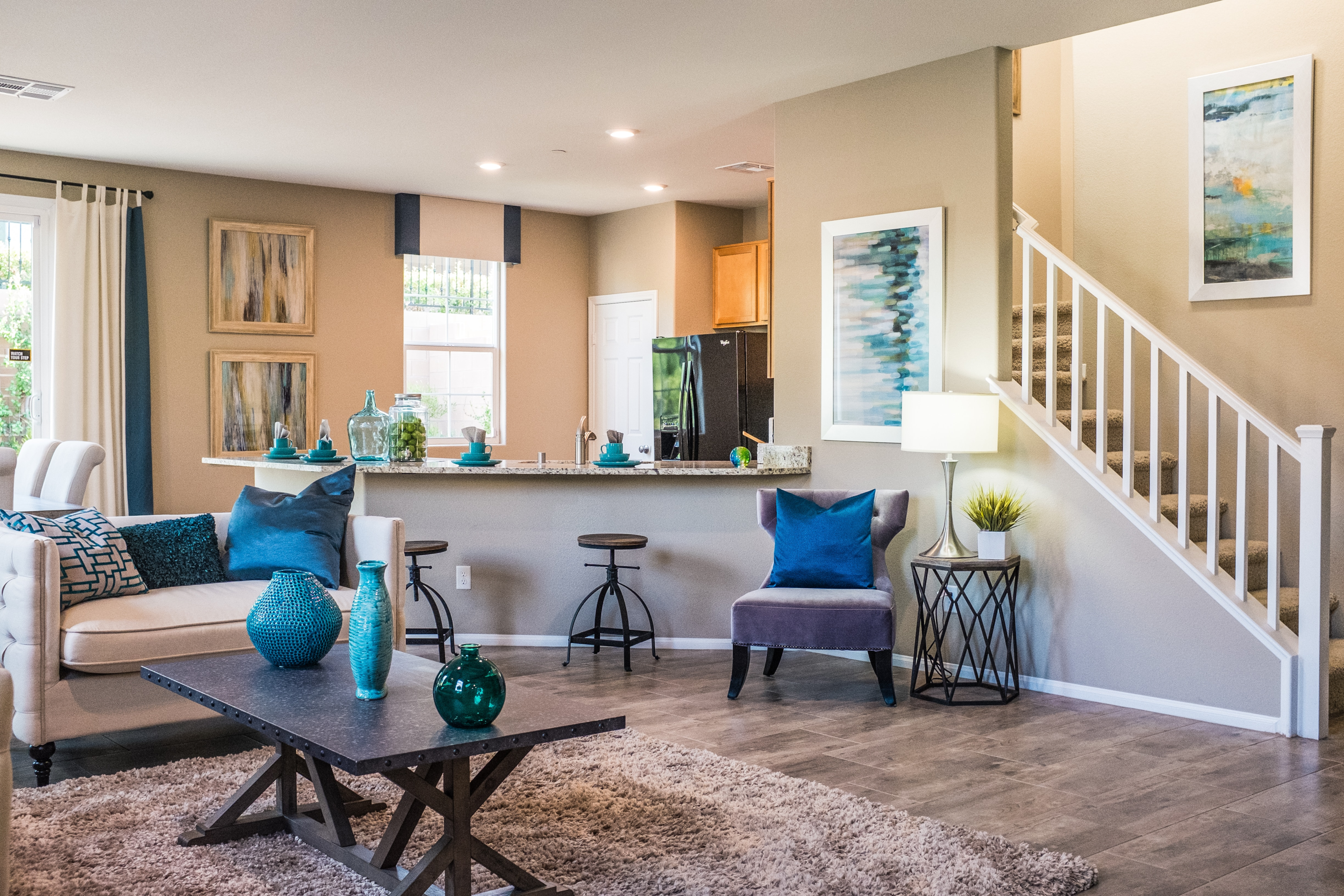Understanding Your Options: Choosing the Right Protection Policy for You
In life, unexpected events can occur, and having the right protection in place can provide invaluable peace of mind. When it comes to safeguarding your financial future, there are several key protection policies to consider: term life insurance, critical illness cover, and income protection.
In this guide, we’ll explore each option in detail, comparing their features, benefits, and suitability based on individual needs and financial goals.

Term Life Insurance Explained
Term life insurance provides coverage for a specific period, typically ranging from 10 to 40 years. It offers a death benefit to beneficiaries if the insured passes away during the policy term.
The benefit of Term Life Insurance is often the most affordable option, making it suitable for young families, individuals with temporary financial obligations (e.g., mortgage, student loans), or those seeking coverage for a specific period.
It is ideal for individuals who need coverage for a limited time and want to protect against financial risks during critical life stages, such as raising children or paying off debts.

Critical Illness Cover Explained
Critical illness cover provides financial protection in the event of a serious illness or medical condition. It pays out a lump sum if the policyholder is diagnosed with a covered critical illness listed in their policy.
The benefit of this is it offers financial support to cover expenses, rehabilitation costs, and lifestyle adjustments during recovery. The lump sum payout can also be used to replace lost income or to pay off debts.
Critical illness cover is suitable for individuals who want additional financial security beyond traditional health insurance. It provides peace of mind knowing that you’re financially protected against the financial impact of a severe illness or injury.

Income Protection Explained
Income protection is designed to replace a portion of your income if you’re unable to work due to illness or injury. It pays out a monthly benefit, typically a percentage of your pre-tax income, if you’re unable to work due to a covered illness or injury.
The benefit of this is it provides ongoing financial support to cover living expenses, such as mortgage payments and utility bills, during a period of incapacity.
Income protection is suitable for individuals who rely on their income to maintain their standard of living. It offers long-term financial security, ensuring you can meet your financial obligations even if you’re unable to work due to illness or injury.

So how do you choose the right protection policy for you?
In summary, choosing the right protection policy depends on your individual needs, financial goals, and personal circumstances.
Term life insurance, critical illness cover, and income protection each offer unique features and benefits tailored to different aspects of financial protection. And by understanding your options and assessing your priorities, you can select the right protection policy to safeguard your financial future and provide peace of mind for you and your loved ones.
To discuss your options in more detail, please get in touch with our experts today on 01698 200050 or e-mail info@mortgagehub.co.uk




